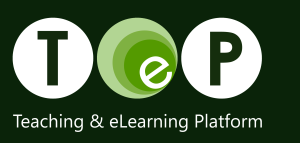CLRI
The Community Leadership & Research Institute (CLRI), launched in 2020, is a leading-edge program designed to fill capacity gaps which hinder inclusive development. The Institute aims to equip young adults from diverse backgrounds in three key areas – social science, management and leadership, and research. Graduates of CLRI will be prepared to foster a culture of good governance and sustainable development through strong management and evidence-based decision-making.
